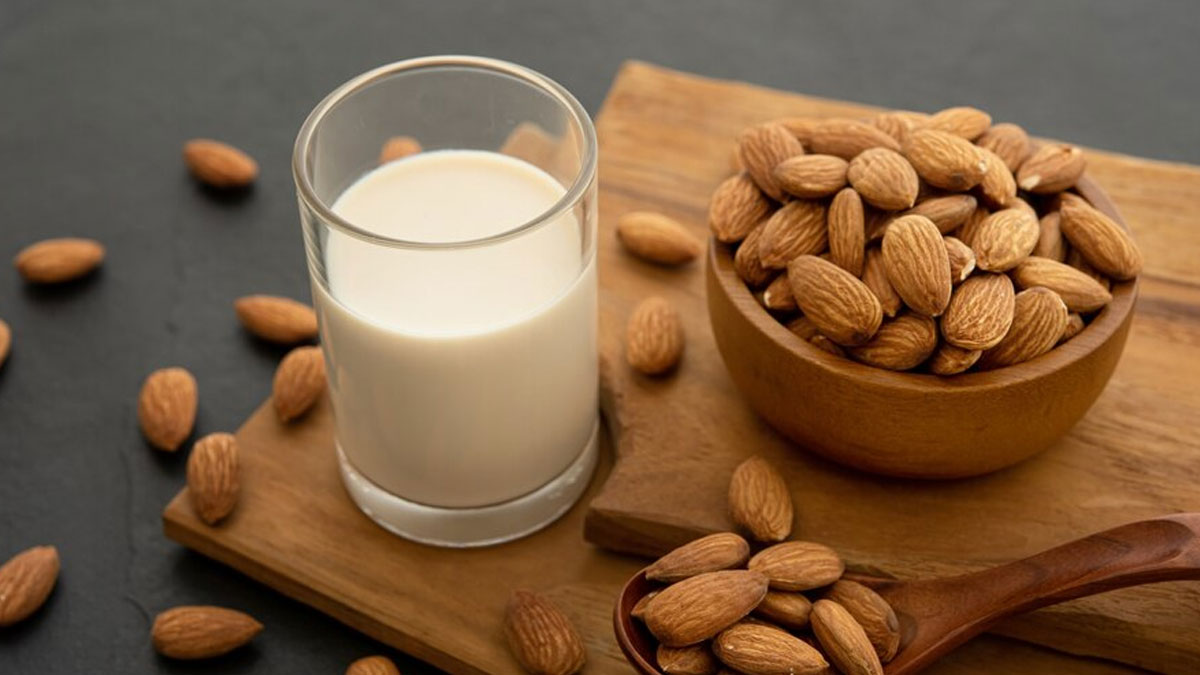
Dairy sensitivity or lactose intolerance or dairy allergy, affects a considerable proportion of the population. Dairy sensitivity causes a variety of symptoms such as bloating, gas, diarrhoea, and abdominal discomfort after consuming dairy products. Despite these challenges, it is important to consume a well-balanced and nutritious diet.
Table of Content:-
What Is Dairy Sensitivity
Dairy sensitivity can manifest in different forms. Lactose intolerance is the most common type, where the body lacks the enzyme lactase needed to digest lactose, the sugar found in milk. On the other hand, dairy allergy is an immune response to proteins in milk, such as casein and whey. Both conditions can make it challenging to consume traditional dairy products.

Alternative Calcium Sources
Dairy products are renowned for their calcium content, essential for bone health. One with dairy sensitivity must explore alternative sources of calcium. Fortified plant-based milk options like almond, soy, and oat milk can be excellent substitutes. Additionally, green leafy vegetables such as broccoli, tofu, and certain nuts and seeds are rich in calcium.
Also read: Lactose Intolerance Lowers Risk of Cancers
Protein Replacement
Dairy is a significant source of protein, but there are plenty of alternatives available. Plant-based options like legumes, beans, lentils, quinoa, and tofu provide ample protein without the digestive issues associated with dairy sensitivity. It's important to diversify protein sources to ensure a well-rounded amino acid profile.
Meeting Vitamin D Needs
Vitamin D, important for bone health and immune function, is often found in fortified dairy products. For those with dairy sensitivity, it's essential to obtain this vitamin through other sources. Fatty fish like salmon, mackerel, and sardines, as well as egg yolks and fortified plant-based milk, are excellent alternatives. Also, spending time in sunlight stimulates the body to produce vitamin D.
Choosing Probiotic-Rich Foods
Many dairy-sensitive individuals find it challenging to get enough probiotics, which are beneficial for gut health. Fermented foods like sauerkraut, kimchi, kombucha, and dairy-free yogurts made from coconut or almond milk can introduce healthy probiotics into the diet. Probiotic supplements may also be considered with the guidance of a doctor.
Reading Labels
Navigating a dairy-free lifestyle requires careful scrutiny of food labels. Dairy derivatives can hide in unexpected places, such as processed foods, sauces, and even medications. Familiarise yourself with alternative names for milk ingredients, such as whey, casein, and lactose, to ensure you're making informed choices.
Also read: 5 Cow's Milk Alternatives Vegans & Lactose Intolerants Must Try
Consulting a Healthcare Professional
Individuals with dairy sensitivity should consult with a healthcare professional or a registered dietitian to develop a personalised nutrition plan. These experts can help identify potential deficiencies and recommend suitable supplements if necessary.
Living with dairy sensitivity does not mean sacrificing nutrition. By exploring alternative sources of calcium, protein, and other essential nutrients, individuals can maintain a well-balanced diet while avoiding dairy products. Remember to consult healthcare professionals for personalised advice and make informed choices to support your nutritional needs.
Also watch this video
How we keep this article up to date:
We work with experts and keep a close eye on the latest in health and wellness. Whenever there is a new research or helpful information, we update our articles with accurate and useful advice.
Current Version